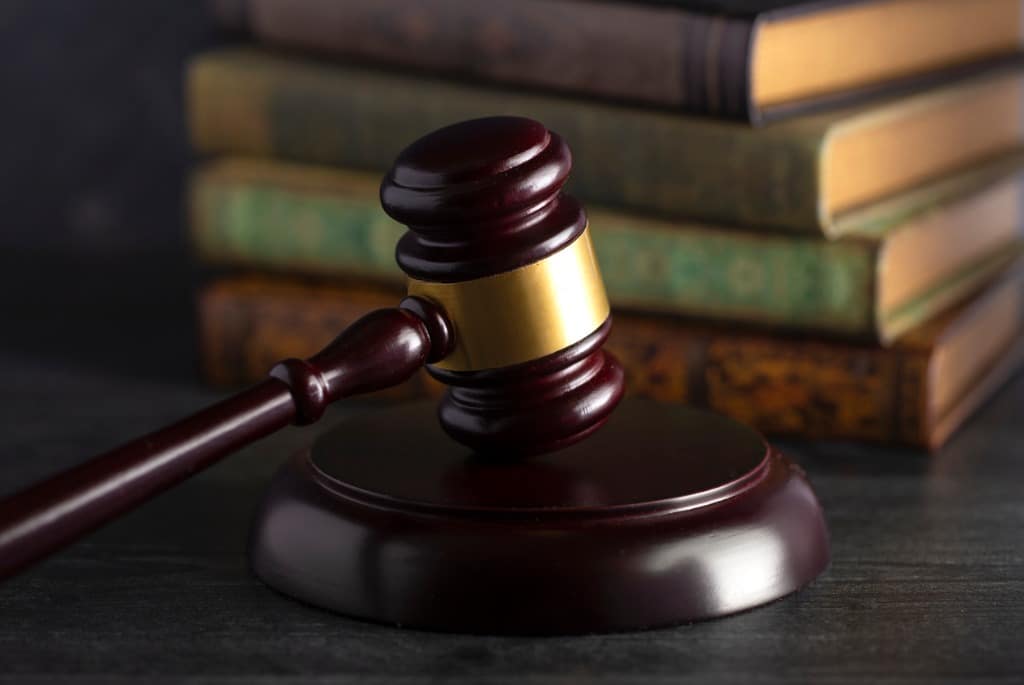The U.S. federal government is urging the U.S. Court of Appeals for the Eleventh Circuit to reverse a district court ruling which held that the False Claims Act’s qui tam whistleblower provisions are unconstitutional.
In a brief filed on January 6 in the qui tam case U.S. ex rel. Zafirov v. Florida Medical Associates, the government states that “other than the district court here, every court to have addressed the constitutionality of the False Claims Act’s qui tam provisions has upheld them.” It therefore urges the Eleventh Circuit to “join that consensus and reverse the district court’s outlier ruling.”
The hugely controversial Zafirov decision, released in September by the U.S. District Court for the Middle District of Florida, ruled that the False Claims Act’s qui tam provisions violate the Appointments Clause of Article II of the Constitution because qui tam whistleblowers who file suits on behalf of the U.S. government alleging fraud are granted “core executive power” without any “proper appointment under the Constitution.”
Under qui tam provisions, individuals may file lawsuits alleging government contracting fraud on behalf of the United States. The government then has the ability to intervene and take over the case, intervene and dismiss the case, or not intervene and let the whistleblower proceed with the suit. In successful qui tam cases, regardless of whether the government intervenes, whistleblowers are eligible to receive between 15 and 30% of the settlement or judgment.
Since 1986 amendments modernized the False Claims Act, qui tam cases have resulted in over $52 billion in collections by the U.S. government.
In its brief, the government explains that the 2000 Supreme Court decision in Vermont Agency of Natural Resources v. United States ex rel. Stevens “makes clear that relators do not exercise Executive power when they sue under the Act. Rather, they are pursuing a private interest in the money they will obtain if their suit prevails.”
Because qui tam relators are pursuing a private interest and not exercising Executive power they “need not be appointed in the manner required by the Appointments Clause,” the government explains.
In its brief, the government further explains that while a relator’s qui tam suit “may also vindicate a federal interest in remedying and deterring fraud on the United States” “they are distinct from the government’s enforcement efforts even though they can supplement those efforts.”
The government also lays out the long history of qui tam laws, a history which the Supreme Court emphasized in its Stevens decision, writing: “The historical record.. suggests that all three branches of the early American government accepted qui tam statutes as an established feature of the legal system.”
Whistleblower advocates have warned of dire consequences should the district court ruling stand and have also outlined why it is inconsistent with prior case precedent and misinterprets the qui tam provisions.
Further Reading:
